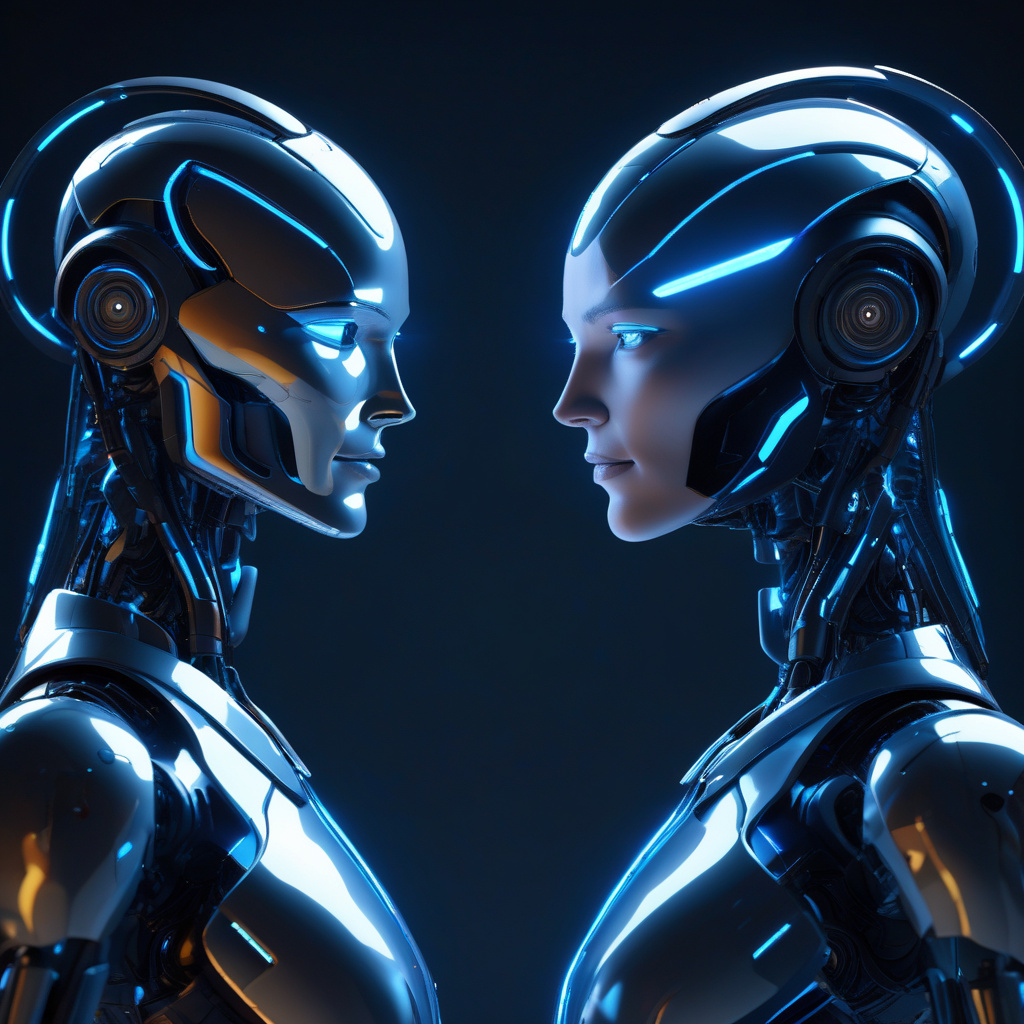In the ever-evolving landscape of artificial intelligence, chatbots have emerged as powerful tools for businesses to engage with customers. Among the prominent contenders in this arena are Grok, developed by xAI led by Elon Musk, and Meta AI. These two chatbots have been gaining attention for their advanced capabilities and functionalities, sparking a debate among tech enthusiasts and industry experts.
Grok, backed by the innovative mind of Elon Musk, is known for its sophisticated natural language processing and deep learning algorithms. It aims to provide users with a seamless conversational experience, leveraging AI to understand context and respond intelligently. On the other side, Meta AI boasts a robust framework that enables it to handle complex queries and tasks efficiently.
One key aspect that sets Grok apart is its ability to adapt and learn from interactions, continuously improving its responses over time. This adaptive learning approach allows Grok to personalize conversations and tailor its interactions based on user preferences. In comparison, Meta AI emphasizes scalability and versatility, positioning itself as a versatile solution for businesses across various industries.
When it comes to deployment and integration, both Grok and Meta AI offer flexible options to suit different business needs. Grok provides easy integration with existing systems and platforms, making it seamless for organizations to incorporate the chatbot into their workflows. Similarly, Meta AI offers robust APIs and SDKs that enable developers to customize and extend its functionalities according to specific requirements.
In terms of performance, Grok has been praised for its speed and accuracy in processing queries, delivering quick and precise responses to users. Its advanced algorithms enable it to handle complex conversations with ease, making it a valuable asset for businesses looking to enhance customer support and engagement. On the other hand, Meta AI’s strength lies in its ability to analyze vast amounts of data swiftly, making it ideal for applications requiring real-time insights and decision-making.
As the battle of AI chatbots continues to unfold, it is clear that both Grok and Meta AI bring unique strengths to the table. While Grok excels in adaptive learning and personalized interactions, Meta AI stands out for its scalability and performance in handling complex tasks. Ultimately, the choice between these two chatbots will depend on specific business requirements, objectives, and the desired user experience.
In conclusion, the competition between Grok and Meta AI showcases the rapid advancements in AI technology and the significant impact of chatbots on modern business operations. Whether it’s enhancing customer engagement, streamlining processes, or gaining valuable insights, these AI-powered chatbots are transforming the way businesses interact with their audiences. As technology continues to evolve, we can expect even more exciting developments in the field of AI chatbots, shaping the future of customer experience and digital innovation.

